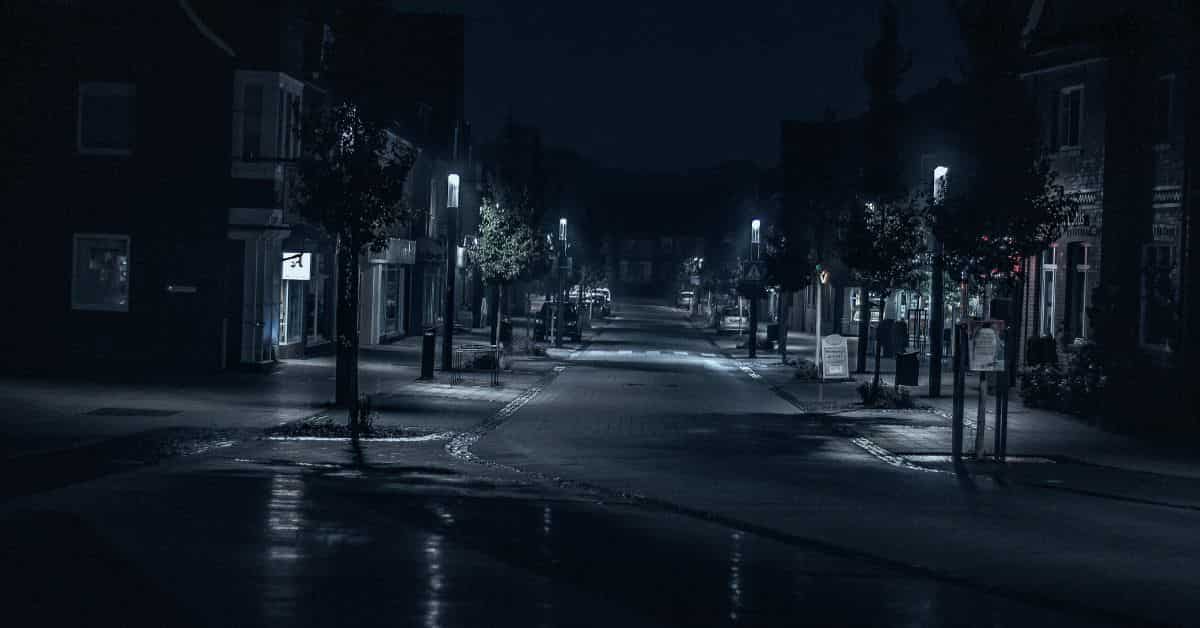Tu teri yaadein aur ye hardis-e-isqh lajawaab hai
Main raat aur ye baate rah-e-shauq mai sharaab hai
Mai beethi rahi teri yaado mai gum kahi
Aur tu kahi aur he mohabbat-e-mashraab hai
Bhul gaya main ke tu hi dawa hai tu hi dua hai
Mere haal ka ab mujhe pata nahi kitna kharaab hai
Tu teri yaadein aur ye hardis-e-isqh lajawaab hai
Main raat aur ye baate rah-e-shauq mai sharaab hai
Ek pal mein sanam, teri khushboo ke darmiyan hu main
Aur ek lamha ye jaanein, tera harf-e-izhaar be-pardaab hai
Har saans mein hai aah, tujhse judaai ka shor
Aur lab pe hai khamoshi, jo dil ki kitaab hai
Meri raah-guzar mein ab bhi teri dastak hai
Par ye dil hai jo tere waade pe ab bhi mahtaab hai
Waqt guzarta raha, teri rooh mein bas chaha tha
Aur yeh saza hai meri, jo bhi tera hisaab hai
Ghazal by: Moshin Ansari
Title: Tu Teri Yaadein Aur Ye Hardis-e-Ishq Lajawaab Hai
Published on: Heartsaysalot

Ghazal Analysis and Lexical Clarification
This ghazal speaks of the complexities of love, the nostalgia of memories, and the deep longing one feels in the absence of a loved one. It encapsulates the emotional journey of a person torn between cherished memories and the harsh reality of separation. Each verse reflects the poet’s internal conflict—caught in the swirl of love’s intoxication and the bitterness of loss.
Key Words and Their Meaning
Hardis-e-Ishq
Hardis is a word that describes something incomprehensible or ineffable, and in this context, it refers to the boundless, unfathomable nature of love. Ishq means intense, passionate love. Together, Hardis-e-Ishq symbolizes a love that cannot be fully understood or explained—it is profound and beyond grasp.
Lajawaab
The word Lajawaab translates to “incomparable” or “without comparison.” Here, it refers to the uniqueness of the love and memories described in the ghazal—something that surpasses any ordinary feeling.
Rah-e-Shauq
Rah-e-Shauq means “the path of desire” or “the way of longing.” It represents the journey one embarks on when they are driven by love, a road filled with yearning and emotional intensity.
Sharaab
Sharaab translates to “wine” or “alcohol,” often used symbolically in poetry to represent the intoxicating and overwhelming nature of love. It suggests how love, like wine, can both lift and overwhelm the soul.
Mohabbat-e-Mashraab
This phrase combines Mohabbat (love) and Mashraab (a drink or beverage, typically alcohol). It is a metaphor for a love so consuming, it feels like a drink that intoxicates the mind and soul.
Dawa
Dawa means “medicine” or “cure.” In the context of the ghazal, it symbolizes healing or solace that the poet seeks, but in the end, it is the same love that causes both pain and healing.
Dua
Dua refers to a prayer or a heartfelt wish. It highlights the yearning for divine intervention or guidance to overcome the pain caused by love.
Exploring the Depths of the Ghazal Tu Teri Yaadein
The ghazal speaks to anyone who has experienced the overwhelming nature of love and longing. The words evoke a sense of sorrow, but they also reflect the beauty in being lost to such a profound feeling. The poet describes being immersed in memories of a loved one, where every corner of existence is touched by the lingering presence of that love.
The interplay of sharaab (wine) and mashraab (the drink) in the ghazal suggests the dual nature of love—it can both uplift and destroy, depending on the state of the lover’s heart. At the same time, the quest for dawa (medicine) and dua (prayer) reflects the search for healing and peace, acknowledging the bittersweetness of love’s hold.

